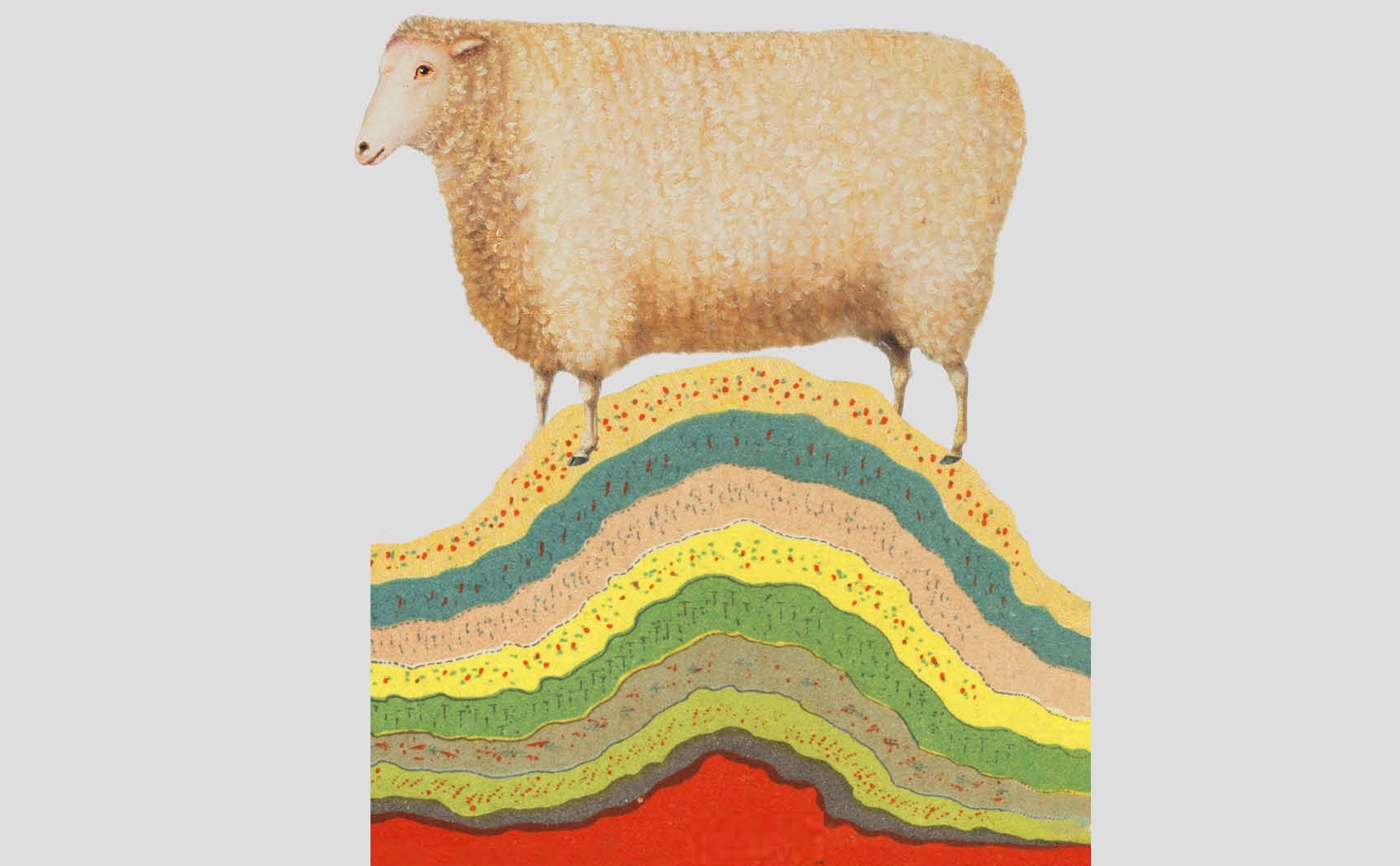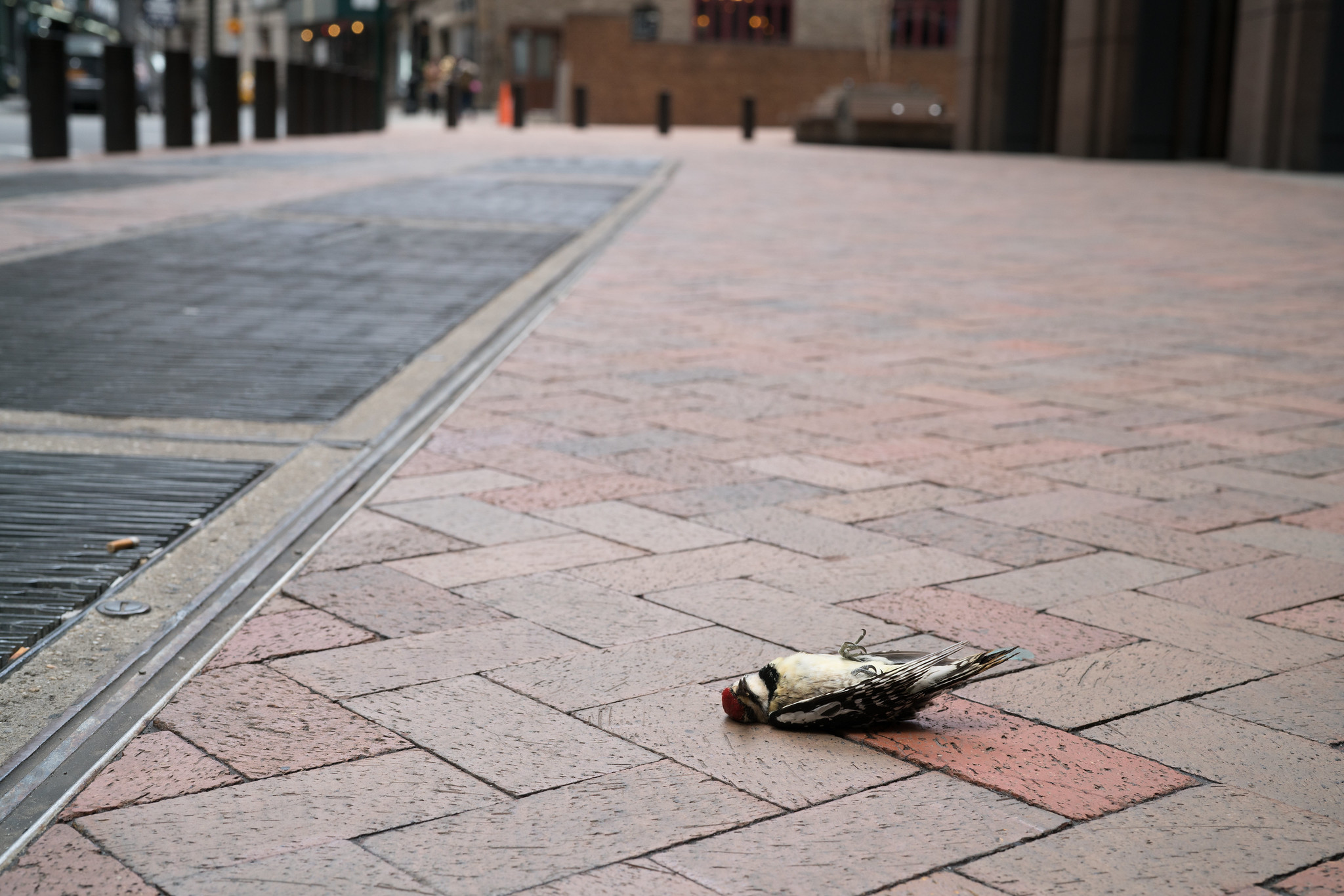Reading Lists
8 Books About the Odd Jobs People Do to Get By
Natalka Burian, author of "The Night Shift," recommends stories about the good, the bad, and the ugly of the gig economy

I wanted to move to New York from the time I first learned what New York was. I grew up on a farm and dreamed about moving to the city the way some kids dream about becoming marine biologists. I wanted to be part of the city that never sleeps.
The not sleeping part can be glamorous and fun, but that lack of sleep can also be attributed to all of the wild jobs you have to take to live here. New York City is special, but it is also expensive. And, while there are lots of wonderful things you can do for free, there are plenty of things that require cash in hand.
Over my 22 years here, I’ve met people who’ve taken on some wild gigs. I mean, where else can you go to a party and meet someone who artfully applies plaster to interiors to make them look like ancient Rome, a boutique dog walker, and an assistant for David Bryne? I myself have done a lot of jobs. Outside of my work in hospitality, I have been a receptionist at a temp agency, an ESL teacher, an assistant to a renowned psychotherapist, a nanny, and a person who trained exit pollers for the 2000 presidential election (upside down face emoji!)
Luckily, I was able to transmit some of my work experience to Jean, the protagonist in my latest
book,The Night Shift. Jean’s work as an assistant to a therapist and as a bartender are drawn
directly from my professional past. My inconsistent and unfocused work experience would raise
any resume writer’s blood pressure, but I didn’t take the jobs that made sense; I took the jobs
that would pay the most for the limited qualifications I had.
The books below explore that kind of job—the kinds that would make anyone examining a resume scratch their head. These are the jobs you hear about at the party or at the bar or on a date. They are the things people do to get by, when sometimes you need to take the work that makes the least sense because it’s something you can do and something that will put money in your pocket.
Personal Days by Ed Park
This book really took me back to my receptionist desk, it captures the graveyard of ambition tone of office life better than just about anything. The funny thing is that this book is structured particularly ambitiously. It’s smart, sharp, funny, and terrifying. Personal Days does a lot of work, but for me, the most authentic aspect is its illumination of one of the most horrifying slippery slopes, a phenomenon that still makes my blood run cold: the early 2000s NYC grad student to data entry pipeline.
Olga Dies Dreaming by Xochitl Gonzalez
Olga Dies Dreaming holds a magnifying glass over all of the different jobs people do in New York City to survive—from catering waiters to realtors to Department Of Education administrators to members of congress. Olga herself is the epitome of self-engineered professional success. Her work life is built around organizing high-end parties and events, a job for which there is no manual, only intuition. There is a lot to love in this book, but I especially admire the way Xochitl Gonzalez captures every side of what it means to take ruthless hold of your professional narrative.
The Bartender’s Cure by Wesley Stratton
This is a satisfying tale of a young person taking a bartending job and a sabbatical from her predictable life. Wesley Stratton does a beautiful job of examining the way odd jobs begin as a placeholder in times of uncertainty, but can bloom into meaningful, permanent solutions.
House of Sticks by Ly Tran
This is a gorgeously written memoir about immigrant life in the US. Ly Tran details the many kinds of work her family must do to survive, and, more importantly what happens when that work can’t be done. Tran chronicles her—and her family’s—journey from sweatshop sewing to doing nails to writing a book, all along the way reminding us that people are so much more complex than the jobs they do.
The Wonderful Adventures of Mrs. Seacole in Many Lands by Mary Seacole
Mary Seacole makes everyone look like a massive slouch. She traveled the world setting up various kinds of businesses drawing on her expertise as a health care provider and a hospitality expert. Mary Seacole guides us through her experience in the kinds of jobs where learning quickly and understanding the value of extemporizing are essential. A fascinating person to get to know in these pages.
There is No Such Thing as an Easy Job by Kikuko Tsumura
This strange and wonderful book is about a burnt-out woman looking for a specific kind of work: the kind that is “as close as possible to my house—ideally, something along the lines of sitting all day in a chair, overseeing the extraction of collagen for use in skincare products.” We follow her on an odyssey through jobs—from surveillance to bus advertising—that grow more absurd as the book goes on.
The Country Life by Rachel Cusk
Some of the weirdest jobs are the ones that are chosen to obscure a person’s true self. Stella, the protagonist of The Country Life, begins her story explaining that she, a city dweller, is “embarking on a kind of life about which I know nothing…stripping myself of all that was familiar to me into the bargain.” She is moving to the country, specifically, to a farm to become a governess to a teenage boy with special needs. She writes to her family and colleagues, basically resigning from her old life. Stella begins her journey as a blank slate—and her new job is almost a disguise, a plain, innocuous sunglasses-and-moustache that conceals a strange, dark heart beneath.
Sag Harbor by Colson Whitehead
Nothing encapsulates that first-job-because-you-need-it energy quite like Benji Cooper’s summer gig at a Sag Harbor ice cream shop. Benji calls it his “first tour of duty at Jonni Waffle and the beginning of my exile from the world of decent people.” Colson Whitehead captures the minimum wage working experience in all its glory, down to the solitary perk of eating endless ice cream: “As much as we wanted. Every shift, Whatever we could cram down our gullets.” I love this evocative portrait of the summery parts of part-time work.









